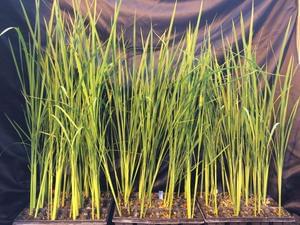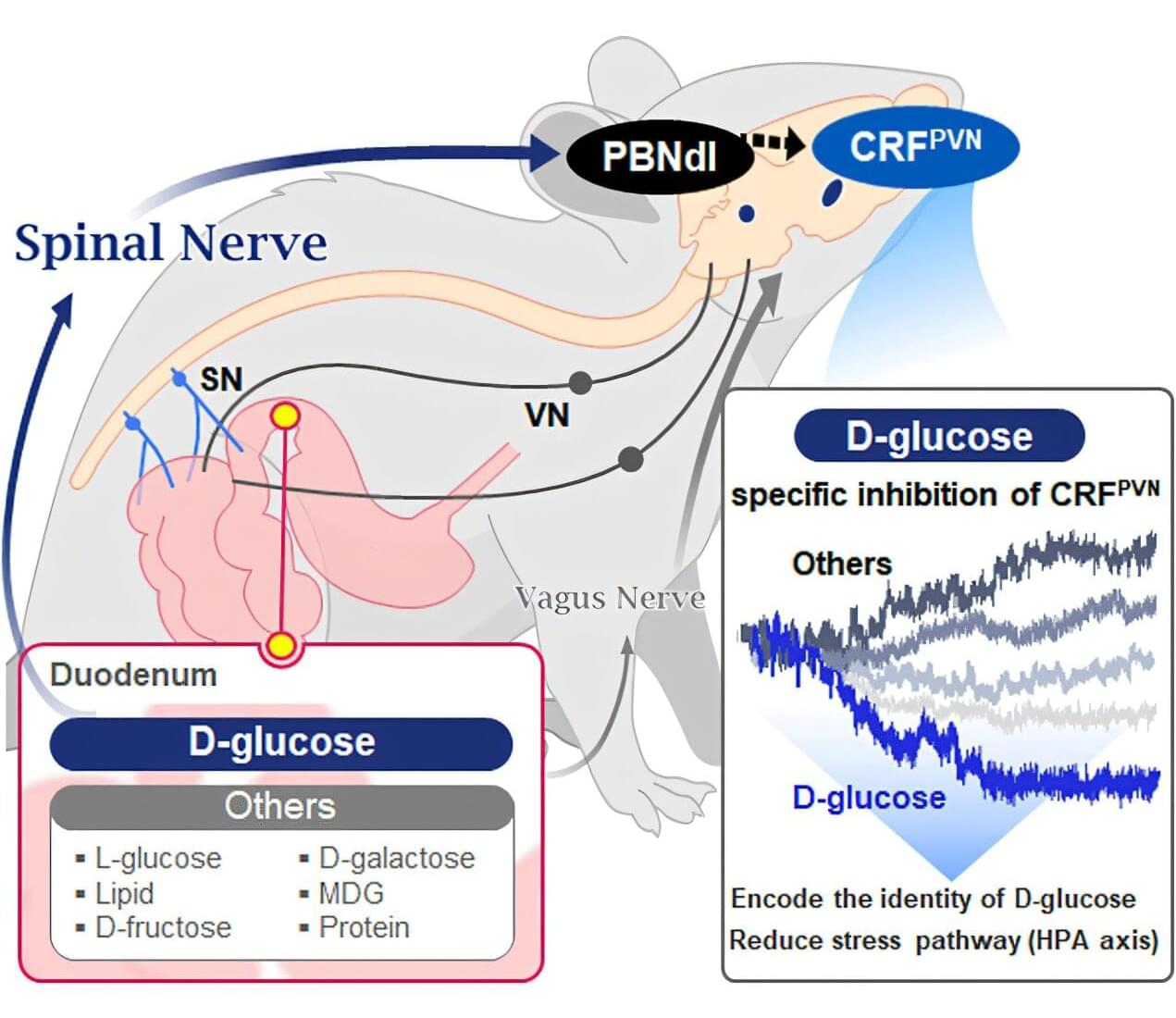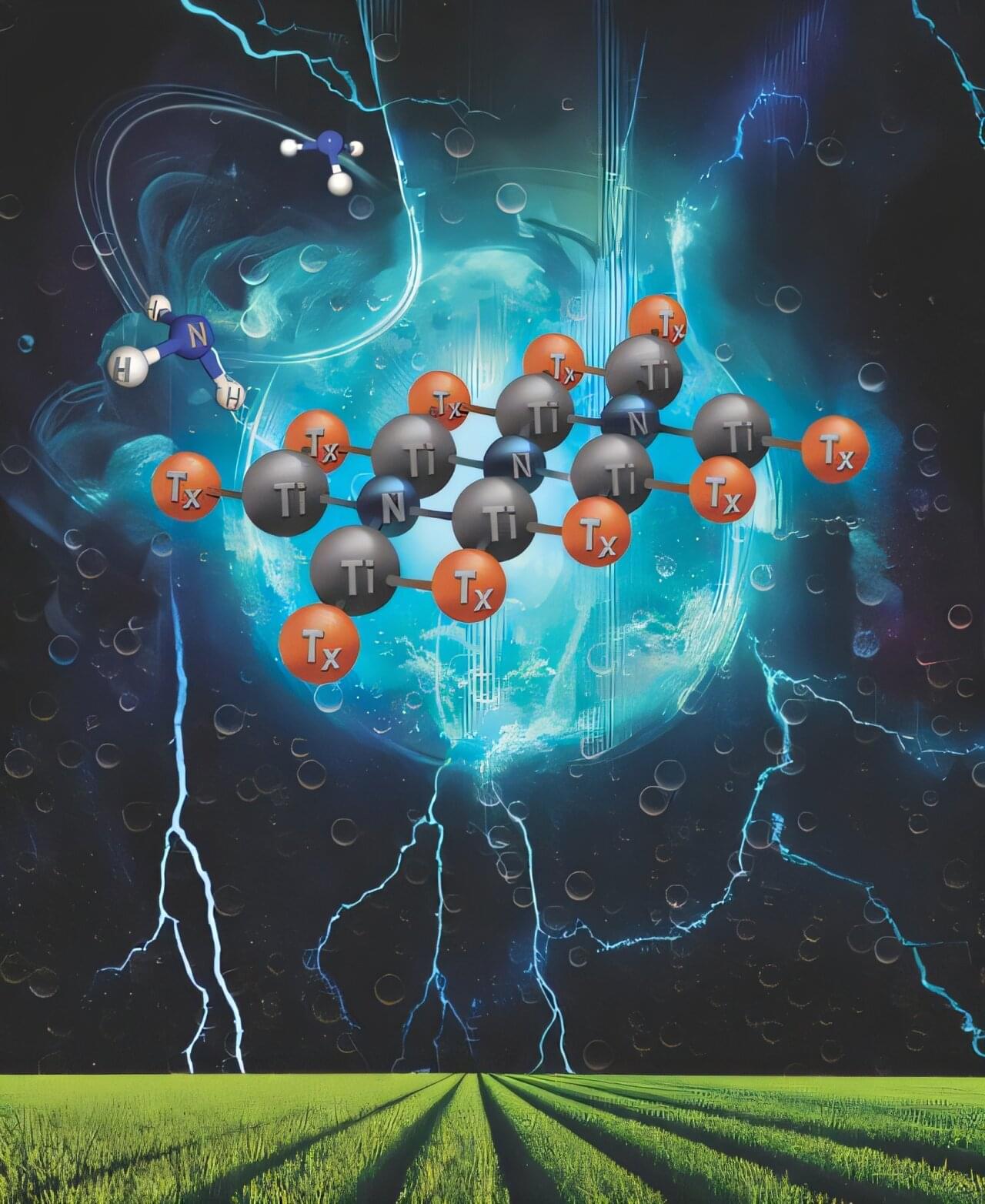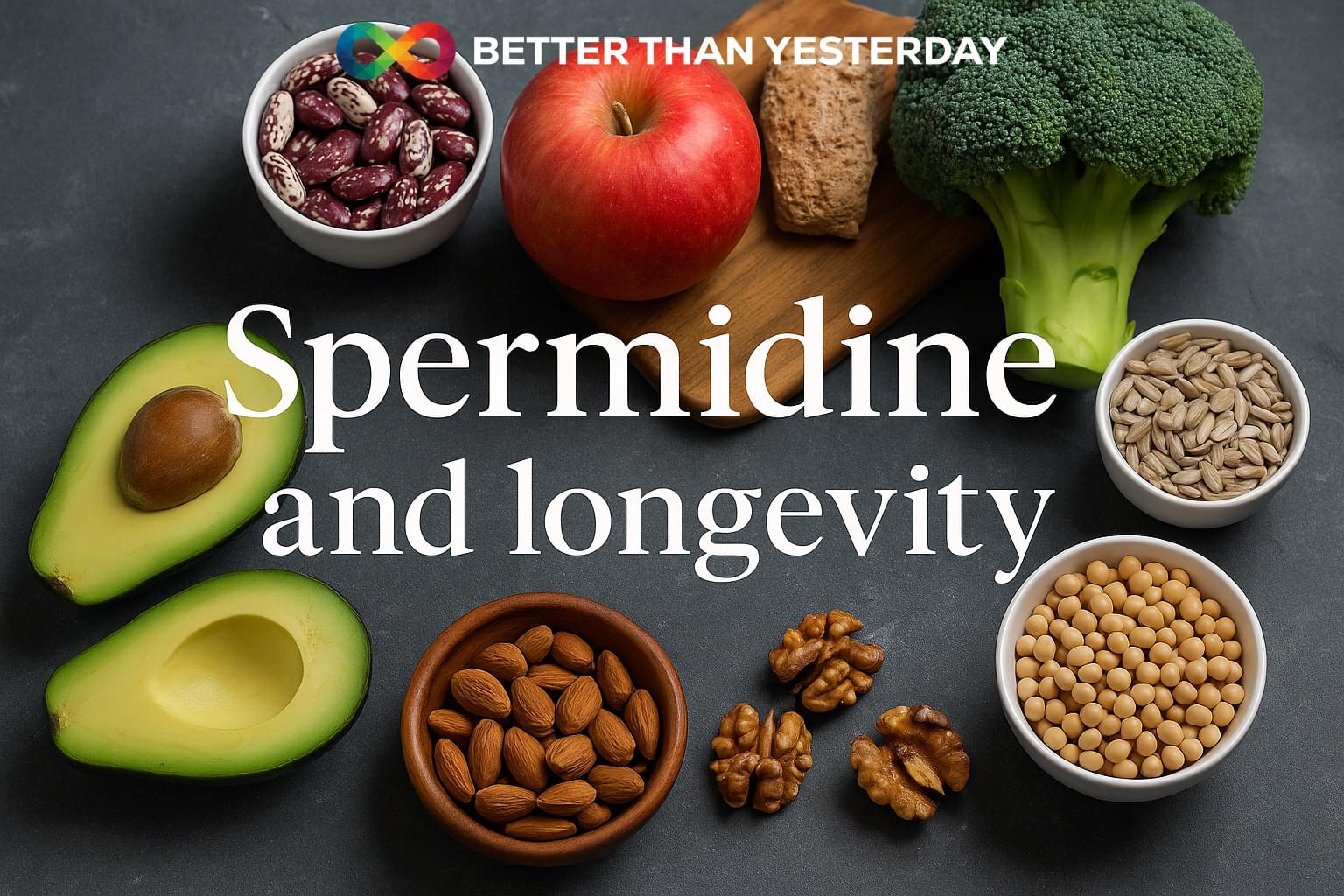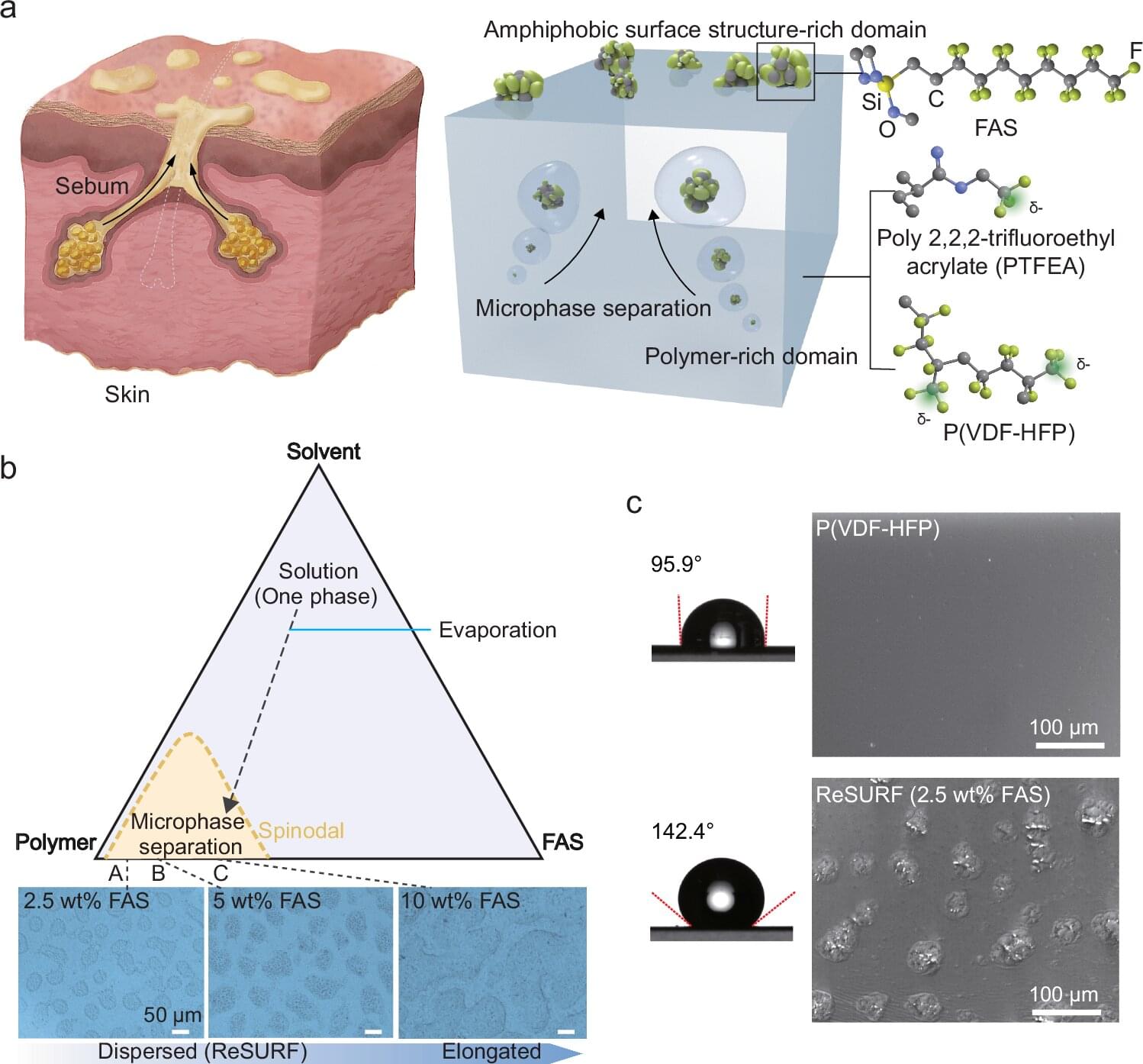More than 2 billion people worldwide lack access to clean drinking water, with global warming and competing demands from farms and industry expected to worsen shortages. But the skies may soon provide relief, not in the form of rain but humidity, sucked out of the air by “atmospheric water harvesters.” The devices have existed for decades but typically are too expensive, energy-hungry, or unproductive to be practical.
Now, however, two classes of materials called hydrogels and metal-organic frameworks have touched off what Evelyn Wang, a mechanical engineer at the Massachusetts Institute of Technology (MIT), calls “an explosion of efforts related to atmospheric water harvesting.”
So far, none of the devices can compete with established approaches to augment water supplies, such as desalinating seawater. But some applications—cooling data centers and slaking the thirst of soldiers on the move—could support higher costs until the technology scales up, says Samer Taha, CEO of Atoco, a California-based startup. “There are many applications where atmospheric water harvesting can help.”
